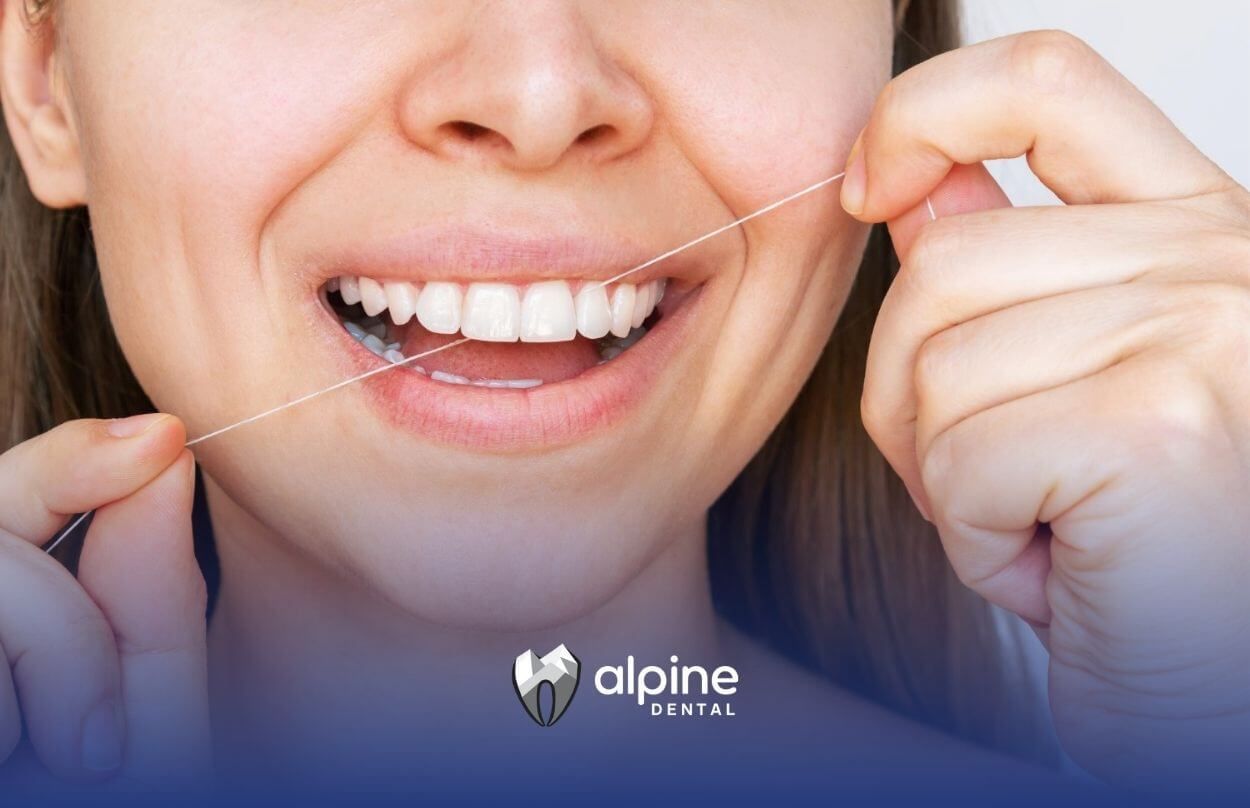How Much Is a Tooth Extraction Without Insurance in NJ? Here’s What to Expect
If you’re facing the possibility of a tooth extraction but don’t have insurance, you’re likely wondering how much it’s going to cost. Tooth extractions are a common dental procedure, but prices can vary depending on factors such as the complexity of the extraction, the type of dentist you visit, and where you’re located. Here's what you need to know about the cost of a tooth extraction without insurance.
Average Cost of Tooth Extraction Without Insurance
So, how much is a tooth extraction without insurance? In New Jersey and across the U.S., the cost varies based on the type of extraction you need. For a simple extraction—removing a visible, non-impacted tooth—you can expect to pay between $90 and $400 per tooth. Surgical extractions, which are needed for impacted, broken, or difficult teeth, typically range from $175 up to $1,000 per tooth. The average price for most extractions in New Jersey is around $236 per tooth.
Simple Tooth Extraction:
- Cost: $90 to $400
- Details: This procedure involves removing a visible, easily accessible tooth. It’s typically done under local anesthesia and is quicker and less complicated.
Surgical Tooth Extraction:
- Cost: $175 to $1,000
- Details: Surgical extractions are needed when a tooth is broken below the gumline or impacted. This procedure requires more skill and may involve sedation or general anesthesia.
Wisdom Teeth Extraction:
- Cost: $225 to $800 per tooth
- Details: Wisdom teeth often require surgical extraction, especially when they are impacted or not fully erupted. The cost depends on complexity and location.
Additional costs may include:
- X-rays: $20–$150
- Anesthesia or sedation: $200–$500
- Consultation fees: $50–$100
- Post-op medication: $20–$50
Factors that affect the price include the tooth’s location, the complexity of the extraction, and whether sedation is required. If you need multiple teeth removed, the total cost will be higher, but some clinics offer bundled pricing or payment plans.
How to Manage the Cost of Tooth Extraction Without Insurance
If you're concerned about paying for the extraction, here are some tips to help manage the cost:
- Inquire About Payment Plans: Many dental offices offer payment plans that break the cost into manageable monthly payments.
- Look for Discounted Dental Services: Some
trusted dental clinics offer discounted services for uninsured patients. It’s worth asking about any available promotions or payment plans.
- Dental Schools: Dental schools sometimes offer procedures at a reduced cost because students, under professional supervision, perform the treatments.
- Health Savings Account (HSA): If you have a health savings account, you can use it to cover the costs of dental procedures.
Conclusion
Knowing how much is a tooth extraction without insurance helps you plan for your dental care. If you need an extraction or want a clear cost estimate, call Alpine Dental today—let’s make your visit affordable, comfortable, and stress-free from start to finish.
Frequently Asked Questions (FAQs)
Can a dentist pull an infected tooth?
Yes, a dentist can pull an infected tooth, often after controlling pain and infection with antibiotics if needed.
Is it cheaper to pull a tooth or fix it?
Pulling a tooth is usually cheaper upfront, but saving the tooth with a filling or root canal is often better for long-term oral health and may cost less overall when factoring in replacement options.
Is it OK to pull a tooth and not replace it?
While possible, not replacing a pulled tooth can lead to shifting teeth, bite problems, jawbone loss, and other oral health issues. Dentists recommend discussing replacement options.
Is it better to pull a tooth or let it fall out?
For adults, it’s safer to have a dentist extract a problematic tooth rather than wait for it to fall out, which can risk infection or further complications.
Can you clear a tooth infection naturally?
Home remedies like saltwater rinses and garlic may reduce pain, but they do not cure infections. Dental treatment is necessary for complete healing.
Does infection go away after tooth is pulled?
Removing the infected tooth usually resolves the infection, but antibiotics may be needed if the infection has spread. Always follow your dentist’s advice for aftercare.




